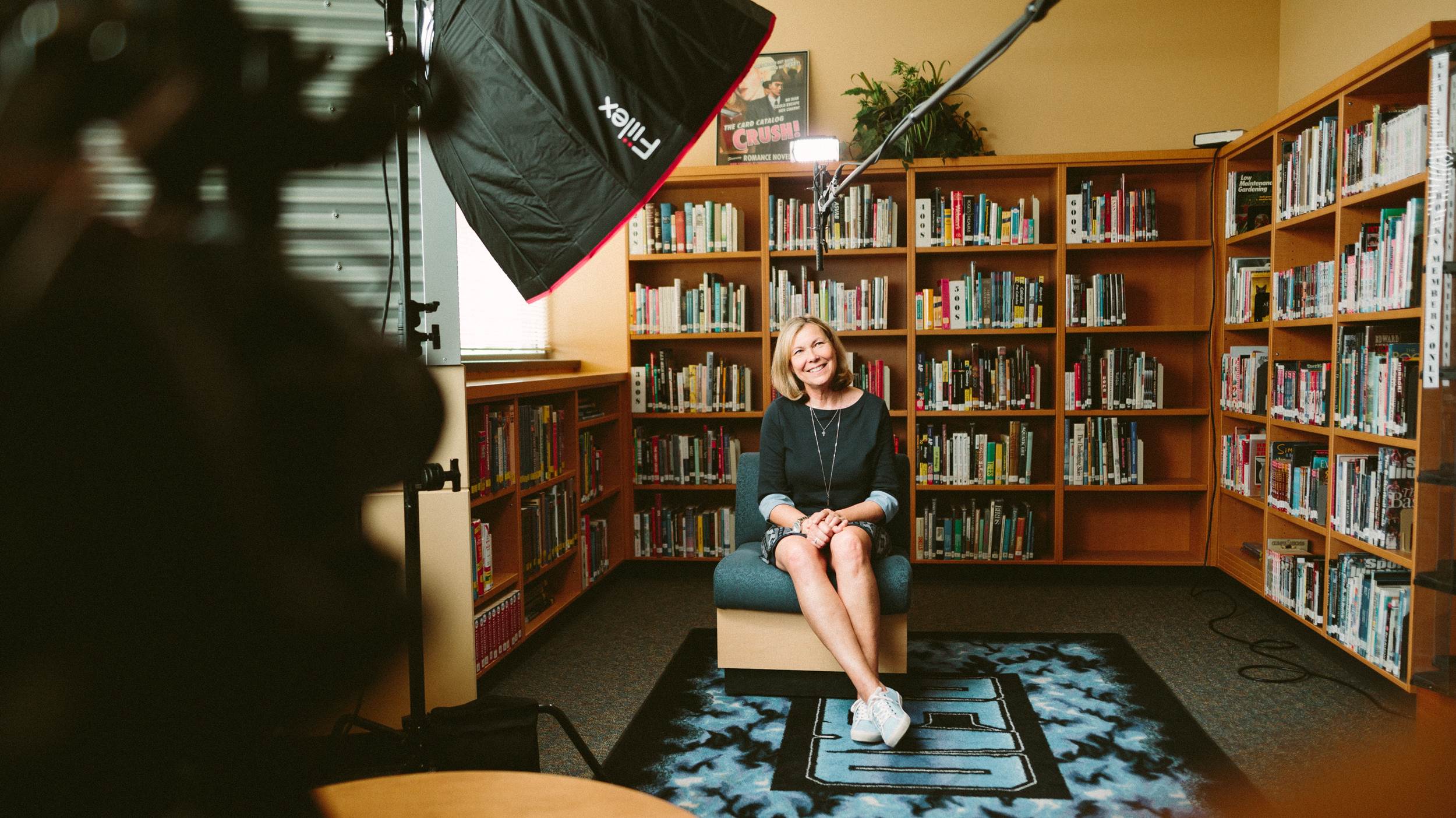 You are a researcher that gets a gig to do an interview for the local news about your upcoming research project.
You are a researcher that gets a gig to do an interview for the local news about your upcoming research project.
“Surely it’s easy – you just open your mouth and let the words flow, don’t you?”
This could be the view of the average punter watching (or listening to or reading about) you on the daily news channel.
“It’s easy for them – they just stand there and talk.”
Hmm, no, not if you want to do it all again next year when you want to promote your research results to viewers. You have to get it right first time, or the media may take no notice of you next time.
“But these are smart people. It must come easy to them.”
Actually, no, it doesn’t come easily to interviewees for the news. A lot of discussion, anxiety, sleepless nights, cajoling, training, heartache and solid thinking usually go into interviews, especially good ones.
In this process, you might need to work with fellow researchers, funding agencies and media advisers to develop and present your story effectively to the media and their audiences.
“Hey, that interview was really good, really interesting.”
That’s what a researcher really wants to hear after an interview – because all their thinking and planning has really paid off.
Yes, planning is a key ingredient for a good interview, and indeed any good communication. This planning may be part of a larger strategic plan, or it may be a ‘one-off’ response to a current news event.
Communication planning is about fulfilling the objectives of your plan, that will include providing the most clear and concise messages about your research that best suit your desired audience(s).
A plan helps you develop words that best convey what you wants to say – words that will resonate and be meaningful to the viewer.
A plan also helps you time your message, find a good place to deliver it, and think about which media would best convey your research ideas: a photo or video can really evoke an emotion in your viewer; an audio story can gain empathy or sympathy; and a photo can simply say “e = mc2”, and influence generations of interest and thinking.
So next time your watch a research story on a screen or listen through headphones, consider the work that preceded that story, and consider how you will tell your story well before you jump in front of a camera or microphone.
To learn how to plan your next research story, contact The Comms Doctor® via email, or visit The Comms Doctor® website.

